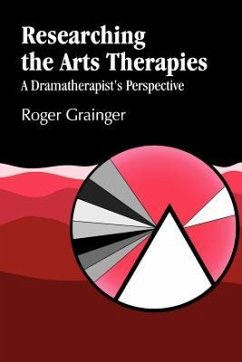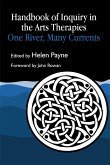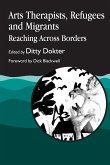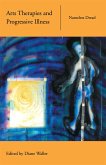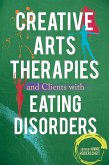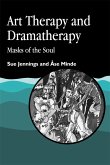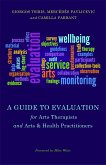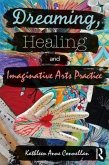Writing from a dramatherapist's perspective, Roger Grainger looks at methods of researching the arts therapies, and how particular definitions of research affect our understanding and practising of arts therapies. He places approaches to research in four categories: quantitative research (which seeks to demonstrate), qualitative research (which explains by describing), action research (which explains by experiencing) and art-based research (which aims to document in an appropriate language, in this case art). Grainger evaluates all of these approaches, arguing that our theoretical or philosophical understanding of what research actually is has an effect on what we think research can be used for. Grainger argues that research always involves a trade-off between two kinds of inaccuracy, numerical and experiential, which correspond to the imprecise fit of the way we think about life and life itself. A range of research paradigms is useful because each regards the world in a different way. Taken together they provide a range of ways of increasing our understanding.
Bitte wählen Sie Ihr Anliegen aus.
Rechnungen
Retourenschein anfordern
Bestellstatus
Storno

